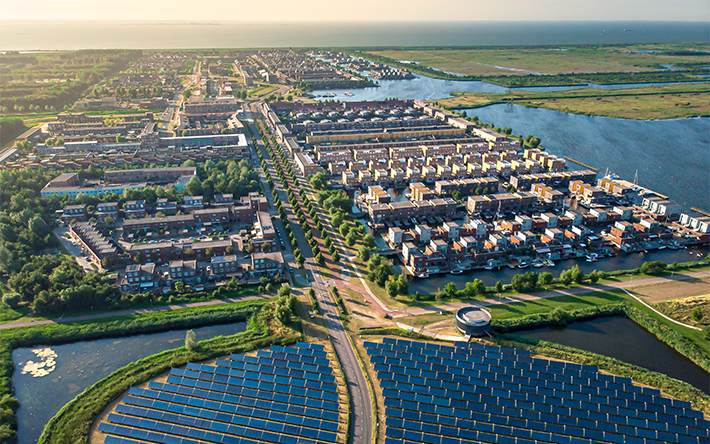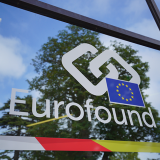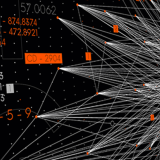
Muutuste mõju ennetamine ja juhtimine
Muutuste mõju ennetamine ja juhtimine on üks kuuest Eurofoundi 2021.–2024. aasta tööprogrammi põhitegevusest. Eurofound esitab tõendeid ELi majandust ja tööturgu mõjutavate struktuursete arengute kohta, mida suuresti põhjustavad digitaliseerimine ja üleminek CO2‑neutraalsele majanduselening COVID-19 kriis. Teadustegevuse eesmärk on aidata poliitikakujundajatel neid muutusi ennetada ning ette valmistada Euroopa tööturge ja töökohti nendeks muutusteks.
Alates 2021. aastast annab Eurofound ülevaate nende megatrendide mõjust elu- ja töötingimustele ELis. Digitaliseerimise valdkonnas keskendub teadustegevus tööhõivele ja -tingimustele ning tööturule avalduvale mõjule. Käsitletavad valdkonnad on muu hulgas sotsiaaldialoog ja selle roll struktuurimuutuste kujundamisel, õigusraamistikud, sotsiaalkaitse ja tehisintellekt (AI). Tuginedes varasematele platvormitöö uuringutele, on aastatel 2021–2024 võimalus keskenduda platvormitööga tuvastatud probleemide lahendamise poliitikaalgatuste kaardistamisele ja nende tõhususe hindamisele.
Samuti on Eurofoundi eesmärk toetada ELi üleminekut CO2 -neutraalsele majandusele, sealhulgas ringmajandusele, ning osaleda ELi taasterahastu „NextGenerationEU“ rakendamises, uurides sotsiaalmajanduslikke mõjusid. Need mõjud hõlmavad muutusi tööhõives ning töökohtadel ja töötingimustes ning kliimamuutuste poliitikate jaotuslikku mõju. Osa sellest tööst tugineb Eurofoundi teostatud tootmise tulevikku käsitleva katseprojekti tulemustele.
Selle tegevuse jätkamiseks aastatel 2021–2024 teeb Eurofound koostööd kliimamuutuste poliitika sotsiaalse mõju valdkonnas mitmesuguste rahvusvaheliste organisatsioonide ja ELi asutustega, näiteks Euroopa Keskkonnaametiga (EEA). Lisaks tugevdatakse olemasolevat koostööd digitaliseerimise valdkonna teadusuuringute muude osalejatega – Teadusuuringute Ühiskeskuse, Euroopa Liidu Põhiõiguste Ameti (FRA) ning Euroopa Tööohutuse ja Töötervishoiu Ametiga (EU‑OSHA). Samuti nähakse ette täiendavat partnerlust Rahvusvahelise Tööorganisatsiooniga (ILO) muutuva töömaailma teemal.
- Infograafik: Muutuste mõju prognoosimine ja ohje ELis
„ELi majandust ja tööturge iseloomustab megatrendide mõju, eelkõige digitaliseerimine ja üleminek CO2-neutraalsele majandusele. Oluline on mõista, kuidas need üleminekud täpselt toimivad, mis on muutumas ja kuidas see mõjutab mitte ainult ettevõtteid, vaid ka tööjõudu ja ühiskonda.“
Irene Mandl, tööhõive osakonna juhataja

































